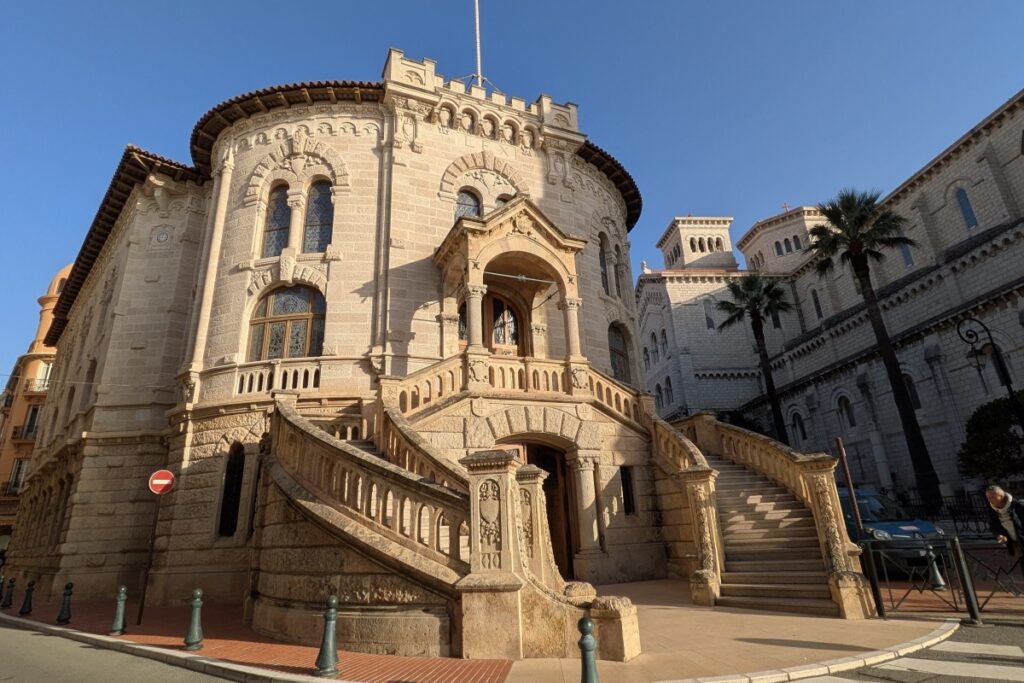Rybolovlev-Bouvier affair: the final act?

On Thursday 5 December, the Advisory Chamber at the Monaco Court of Appeal held a hearing regarding the soundness of the investigation in the Rybolovlev-Bouvier case. The case, which has seen a number of judicial twists and turns since 2015, could come to a final conclusion on 27 February 2025.
This is the result of a decision in June by the European Court of Human Rights (ECHR). The ECHR ruling found that the extraction and use of Dmitry Rybolovlev’s lawyer Tetiana Bersheda’s telephone, were in violation of Article 8 of the European Convention on Human Rights.
A private dispute that became an international affair
It all began in 2015, when Dmitry Rybolovlev filed a criminal complaint against Yves Bouvier, his Swiss art consultant. The AS Monaco President accused Bouvier of swindling him out of 1 billion dollars over sales of masterpieces. The dispute sparked a showdown between Bouvier and Rybolovlev in several jurisdictions around the world.
At the same time, an invasion of privacy case was opened in Monaco in 2016, concerning the two men’s mutual friend, Monegasque resident Tania Rappo. Ms Rappo lodged a complaint against the businessman’s lawyer, Tetiana Bersheda, who had recorded a private conversation during a dinner with Tania Rappo and Dmitry Rybolovlev, in an attempt to prove that Ms Rappo was Yves Bouvier’s accomplice. Two years later, Ms Bersheda, of her own accord, handed the phone that contained the recording over to the police for authentication.
The examining magistrate at the time, Edouard Levrault, asked a computer expert to carry out an analysis on the phone. However, according to the ECHR, the analysis went far beyond a simple authentication: it constituted a “vast telecommunications report … with no real limits as to dates or scope of inquiry”. These investigations were then used in 2018 to accuse Dmitry Rybolovlev and other influential figures in Monaco of corruption and influence peddling.
The case undermined by the ECHR
The ECHR stated clearly: “the investigating judge had extended the scope of his investigation too broadly and that the supervisory judicial authorities had failed to redefine the bounds of the expert’s assignment and of the investigation.”
Following the ruling, the Swiss federal justice system dropped proceedings against Mr Rybolovlev in October. The Monegasque judges now face a crucial decision: whether to comply with European recommendations or continue with a case that has been criticised for its shortcomings. The examining magistrates, with the agreement of the Public Prosecutor’s Office, referred the case to the Court of Appeal’s advisory chamber to consider the repercussions of the ECHR ruling.
At the hearing on 5 December, Dmitry Rybolovlev’s lawyers, Maitres Reynaud, Giaccardi and Laffont, requested that the case be thrown out completely. In their view, their client was “unjustly charged.” In a statement, they said: “The defense of Mr. Dmitry Rybolovlev hopes that the Monegasque justice system will fully implement the legal consequences of the ECHR’s ruling by dismissing the charges brought against him.”
The epilogue of a legal saga in sight?
If the advisory chamber upholds the exclusion of the telephone analysis, it could put an end to nearly ten years of legal proceedings. The main protagonists, Dmitry Rybolovlev and Yves Bouvier, already reached a confidential settlement in 2023.
The decision, expected on 27 February 2025, could also be the final chapter, in line with recent decisions: the dismissal in favour of Dmitry Rybolovlev in November 2023 in the invasion of privacy case, the acquittal of Maitre Bersheda in March, and the ECHR’s rejection of Édouard Levrault’s petition concerning his non-renewal as a magistrate seconded to Monaco.
The public prosecutor’s office and defence lawyers have not yet replied to our request for comment.
Article by Théo Briand and Niels Linden








